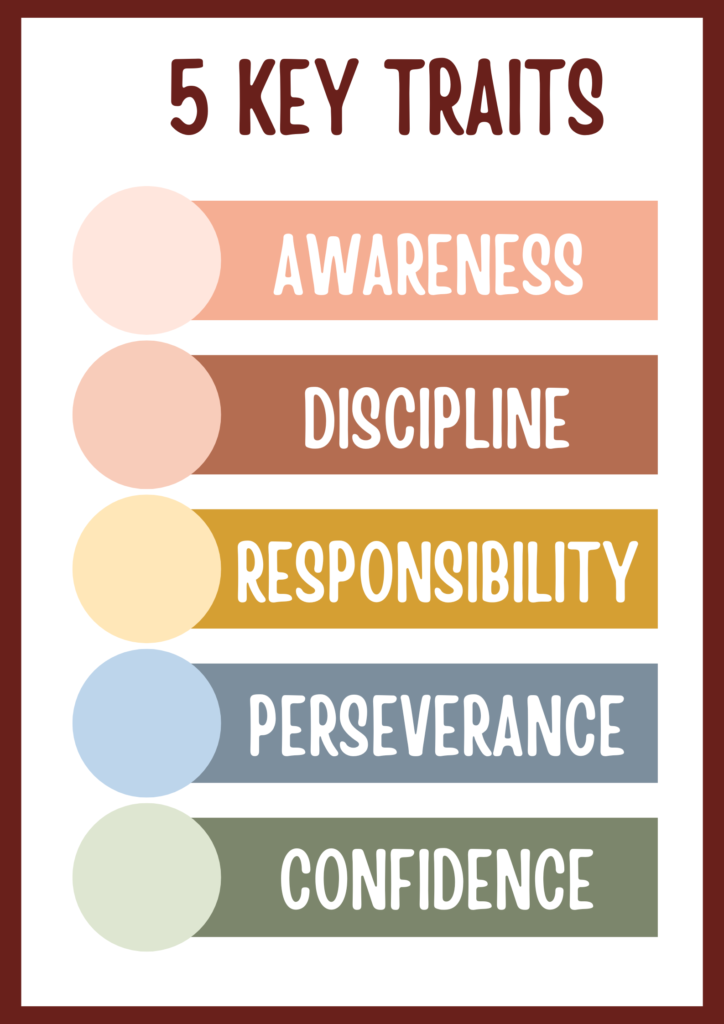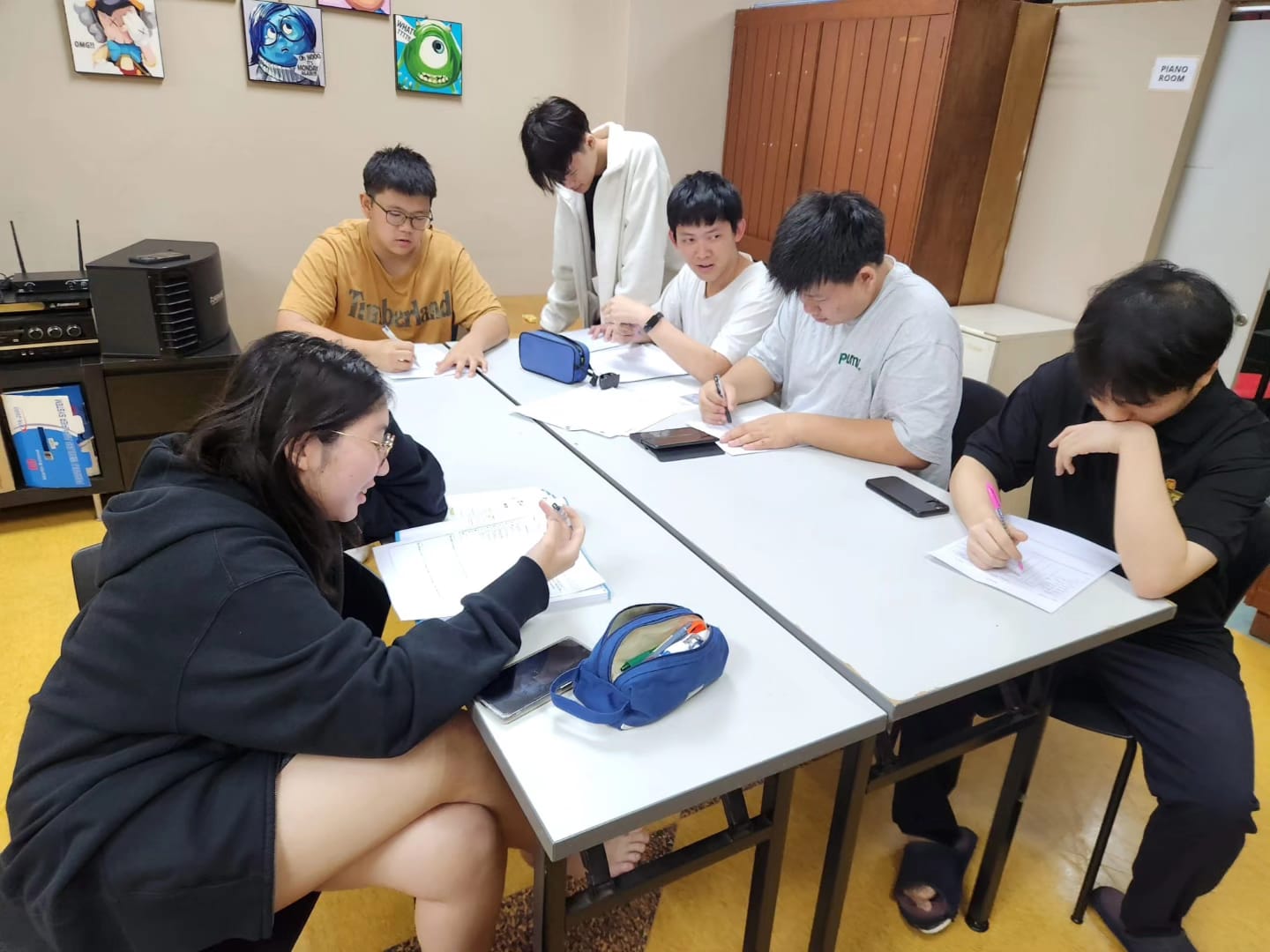There are times when a child, especially a teen, stops talking to their parents. Such withdrawal is concerning and very challenging. Possible reasons for such behaviour are: the teen is seeking independence; the teen is experiencing emotional changes; the teen is experiencing stress and anxiety and could not express it well; there are conflicts and misunderstandings at home; and the teen may be feeling unsupported or judged and thus shuts other people down.
When this happens, it is understandable for a parent to be worried. Still, you have to step back and analyse the situation. There is no one single solution to this problem, so we’ll talk about a three-pronged approach that could possibly work.

First, reflect on your communication style. We always talk about teens needing to have self-awareness, but parents need to have high self-awareness too. Are you harsh and judgmental when you speak to your teen? Do you focus too much on the negatives and downplay their achievements? Are you impatient? There are times when a child’s actions are just their response to their parents’ actions. Reflect on your communication style and see if you could be part of the problem.
Next, after reflecting on your communication style, create a safe and open environment for your child. Ensure that your home is a safe and judgement-free space where your teen will feel comfortable to talk. Truly allot time listening to your child. Keep your gadgets away and give your teen your full attention. Try not to aim so solve the issue immediately. Sometimes, it may take a while for your child to really open up. Patience is key.

Finally, if all else fails, it may be time to involve a trusted third party. It could be your parents or your siblings. Sometimes, teens may find it easier to open up to someone outside the family. You can get help from your pastor, a therapist, or a counsellor. Sometimes, a third party can be like a coach who can see your family issues from a different, unbiased perspective. They may be able to facilitate you and your child patching up your relationship since they will not be taking anyone’s side.
Remember, the goal is to reconnect with your teenager and create an environment where they feel safe and valued. While the journey may be challenging, patience, self-reflection, and the willingness to seek external support can make a significant difference. By understanding the underlying reasons for their withdrawal and taking proactive steps, you can rebuild your relationship and foster a more open communication with your teen.




















